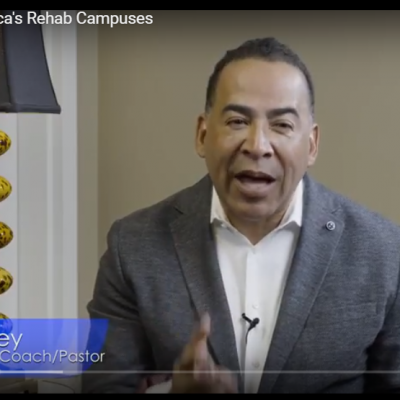Detoxification or detox is an unpleasant word to describe a necessary step on the road to your recovery from alcohol, illegal drugs or prescription medicines. The word seems more apt for an industrial or military clean-up of hazardous materials than a medical treatment.
At America’s Rehab Campus (ARC) in Tucson, Arizona we want to take some of the mystery out of the process so that anyone in need of help can make an educated decision based on facts plus common sense based on reality. This article will focus on alcoholism, the most common addiction in the USA.
For any detox treatment at ARC in Tucson, the patient will undergo a three-phase process before moving on to a long-term post detox program. First, is a non-evasive and non-judgmental evaluation with a nurse who is trained in these types of assessments. Next is the actual detoxification under the gentler name of stabilization. Third is the transitioning of the patient into a treatment plan.
The Effects of Cocaine
Most people have heard that cocaine use was common in the late 1800s and early 1900s and it was even an ingredient in Coca-Cola from 1886 until 1903. The Harrison Narcotics Act of 1914 outlawed the sale and use of cocaine, and it remains an illegal substance today in the USA. Alcohol was banned from American drinkers during Prohibition (January 16, 1920, until December 5, 1933) but Mississippi remained a “dry state” until 1966.
This little history lesson demonstrates that the primary difference between alcohol addiction and addiction to other drugs is that alcohol is legal and thus more socially acceptable. The drug user risks arrest and a jail term while drinkers are free to imbibe at will. The drinker does face legal issues if caught driving impaired or caught being drunk and disorderly, but even these offenses will generally be treated less severely by society and the courts. The availability and legality of alcohol is why it is the number 1 addictive substance in terms of people it effects.
ARC in Tucson classifies five types of alcoholics:
- The young adult – college kids, might be the best example here. Denial of alcoholics in this group takes the form of “we were just having fun” after an all-night kegger party for the fourth night in a row.
- The young antisocial – a 15-year-old from a dysfunctional alcoholic family, will be more difficult to treat but it is better to identify and treat the problem at a young age.
- Functional – The successful business person having drinks every night with clients and enjoying a supposedly normal lifestyle is the best example of a functioning alcoholic. This “normality” will allow the alcoholic to avoid treatment as they can still have normal family relationships and take adequate care of their children.
- Intermediate familial – Picture the depressed old man who doesn’t bother anyone but must to drink to get through the day and fall asleep at night.
- Chronic severe – These are people of any age who have a family history of alcoholism and mental illness and are likely addicted to more than alcohol.
If you find yourself in any of these categories, know that your alcoholism will not improve on its own. There is help available with ARC in Tucson that is only a phone call away. Cull us 1-888-782-4485 or send us an email to info@arizonarehabcampus.com describing your situation.
We will get back with you as soon as possible and remember that we work with most insurance carriers.


